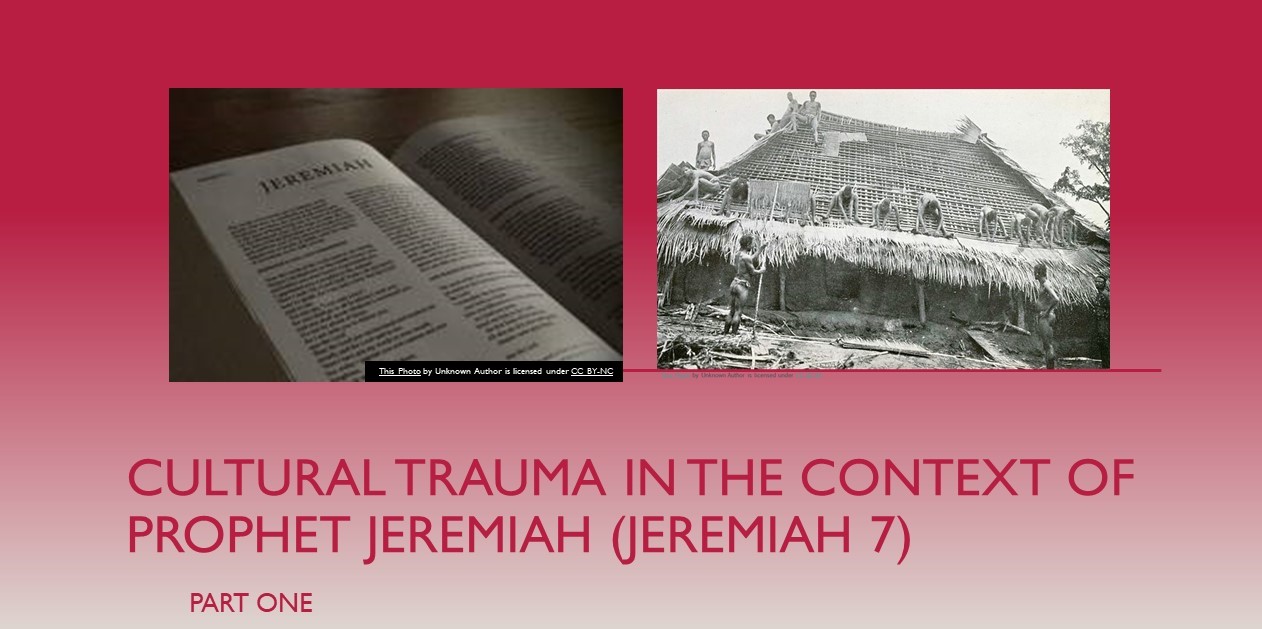 “cultural traumas” begin with disruptions to the established foundations of collective identity, something which can destroy a group of traditional people or at the very least demand a re-narration of the traditions and beliefs which ground that group. It is at this point where stakeholders such as public intellectuals, preachers, authors, artists, and in a contemporary society, mass media play a vital role in the process of ‘re-narration, that is; offering an interpretative framework in order to help shape the traumatic events in such a way to re-establish group identity. Eyerman (2004) offers the following definition of cultural trauma in an article that outlines the development of African American identity in terms of the collective memory of slavery and the role of public intellectuals, like Martin Luther King and Malcolm X, to restructure this collective identity; similar to the case of Sunday Adeyemo popularly known as Sunday Igboho.
“cultural traumas” begin with disruptions to the established foundations of collective identity, something which can destroy a group of traditional people or at the very least demand a re-narration of the traditions and beliefs which ground that group. It is at this point where stakeholders such as public intellectuals, preachers, authors, artists, and in a contemporary society, mass media play a vital role in the process of ‘re-narration, that is; offering an interpretative framework in order to help shape the traumatic events in such a way to re-establish group identity. Eyerman (2004) offers the following definition of cultural trauma in an article that outlines the development of African American identity in terms of the collective memory of slavery and the role of public intellectuals, like Martin Luther King and Malcolm X, to restructure this collective identity; similar to the case of Sunday Adeyemo popularly known as Sunday Igboho.
Cultural trauma refers to a dramatic loss of identity and meaning, a tear in the social fabric, affecting a group of people who have achieved some degree of cohesion. In this sense, the trauma need not necessarily be felt by everyone in a group or have been directly experienced by any or all. While it may be necessary to establish some event or occurrence as the significant ‘cause,’ its traumatic meaning must be established and accepted, a process which requires time, as well as mediation and representation.
Finally, one should note that the narrative constructions emerging from a process of cultural trauma are open to misuse, both political as well as societal. Caution should be taking in that, the notion of moral scapegoating is responsible for the fact that traumatised groups who are unable to overcome the original traumatic events may inevitably return to it time and again, so reinforcing rather than getting beyond earlier anger (Sunday A. Igboo Vs Ooni of Ife Oba A. Ogunwusi 2021). With these insights regarding cultural trauma in mind, let us now turn to three sermons by the prophet Jeremiah and let’s not forget that the religious leaders contributes to the formation of a master narrative of trauma in the process of helping vulnerable people of Nigeria.
References: Eyerman R. (2004), “The Past in the Present: Culture and the Transmission of Memory,” Acta Sociologica 47/2:160.
Tyty 2021




